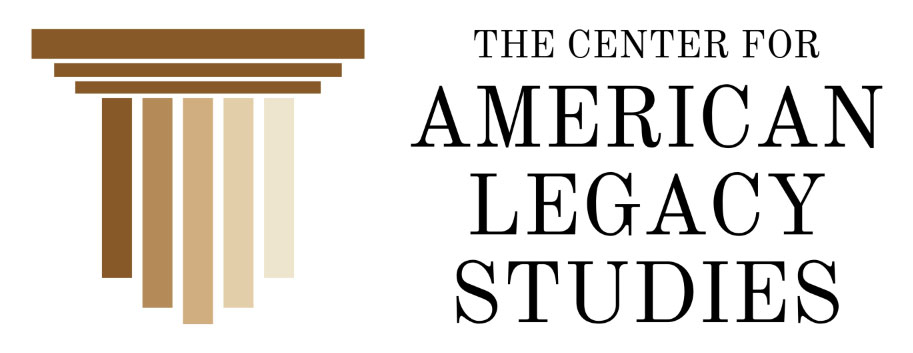This is a the first of many commentaries on “Essays Worth Reading Again.” This post features Mortimer Adler’s rocking essay from 1951, Labor, Leisure, and Liberal Education
 Aristotle often talks about the difference between the useful and the honorable.
Aristotle often talks about the difference between the useful and the honorable.
What he means by the “useful” and the “honorable” can sometimes be translated into extrinsic and intrinsic ends.
An educational process has an intrinsic end if its result lies entirely within the person being educated, an excellence or perfection of his person, an improvement built right into his nature as a good habit is part of the nature of the person in whom a power is habituated.
An extrinsic end of education, on the other hand, lies in the goodness of an operation, not as reflecting the goodness of the operator but rather the perfection of something else as a result of the operation being performed well.
Thus, for example, there can be two reasons for learning carpentry. One might wish to learn carpentry simply to acquire the skill or art of using tools to fabricate things out of wood, an art or skill that anyone is better for having.
Or one might wish to learn carpentry in order to make good tables and chairs, not as works of art which reflect the excellence of the artist, but as commodities to sell.
This distinction between the two reasons for learning carpentry is connected in my mind with the difference or distinction between liberal and vocational education.
This carpentry is the same in both cases, but the first reason for learning carpentry is liberal, the second vocational.
 All of this, I think, leads directly to the heart of the matter: that vocational training is training for work or labor; it is specialized rather than general; it is for an extrinsic end; and ultimately it is the education of slaves or workers.
All of this, I think, leads directly to the heart of the matter: that vocational training is training for work or labor; it is specialized rather than general; it is for an extrinsic end; and ultimately it is the education of slaves or workers.
And from my point of view it makes no difference whether you say slaves or workers, for you mean that the worker is a man who does nothing but work—a state of affairs which has obtained by the way, during the whole industrial period, from its beginning almost to our day.
Liberal education is education for leisure; it is general in character; it is for an intrinsic and not an extrinsic end; and, as compared with vocational training, which is the education of slaves or workers, liberal education is the education of free men.
I would like, however, to add one basic qualification at this point. According to this definition or conception of liberal education, it is not restricted in any way to training in the liberal arts. We often too narrowly identify liberal education with those arts which are genuinely the liberal arts—grammar, rhetoric, and logic and the mathematical disciplines—because that is one of the traditional meanings of liberal education.
But, as I am using the term “liberal” here, in contradistinction to “vocational,” I am not confining liberal education to intellectual education or to the cultivation of the mind. On the contrary, as I am using the phrase, liberal education has three large departments, according to the division of human excellences or modes of perfection. Physical training, or gymnastics in the Platonic sense, if its aim is to produce a good coordination of the body, is liberal education.
So also is moral training, if its aim is to produce moral perfections, good moral habits or virtues; and so also is intellectual training, if its aim is the production of good intellectual habits or virtues.
All three are liberal as distinguished from vocational. This is not, in a sense, a deviation from the conception of liberal education as being only concerned only with the mind, for in all three of these the mind plays a role. All bodily skills are arts; all moral habits involve prudence; so the mind is not left out of the picture even when one is talking about moral and physical training.
Read this essay in its entirety click here: Labor, Leisure, and Liberal Education

One Response
I read this essay in a book by Adler titled “Reforming Education,” a collection of his writings. It’s excellent. One of my favorite ideas from the book is that the Founders’ definition of happiness would have been similar to Aristotle’s–that is, a lifetime of virtue. Thus, “life, liberty, and the pursuit of happiness” take on a different meaning with that understanding.